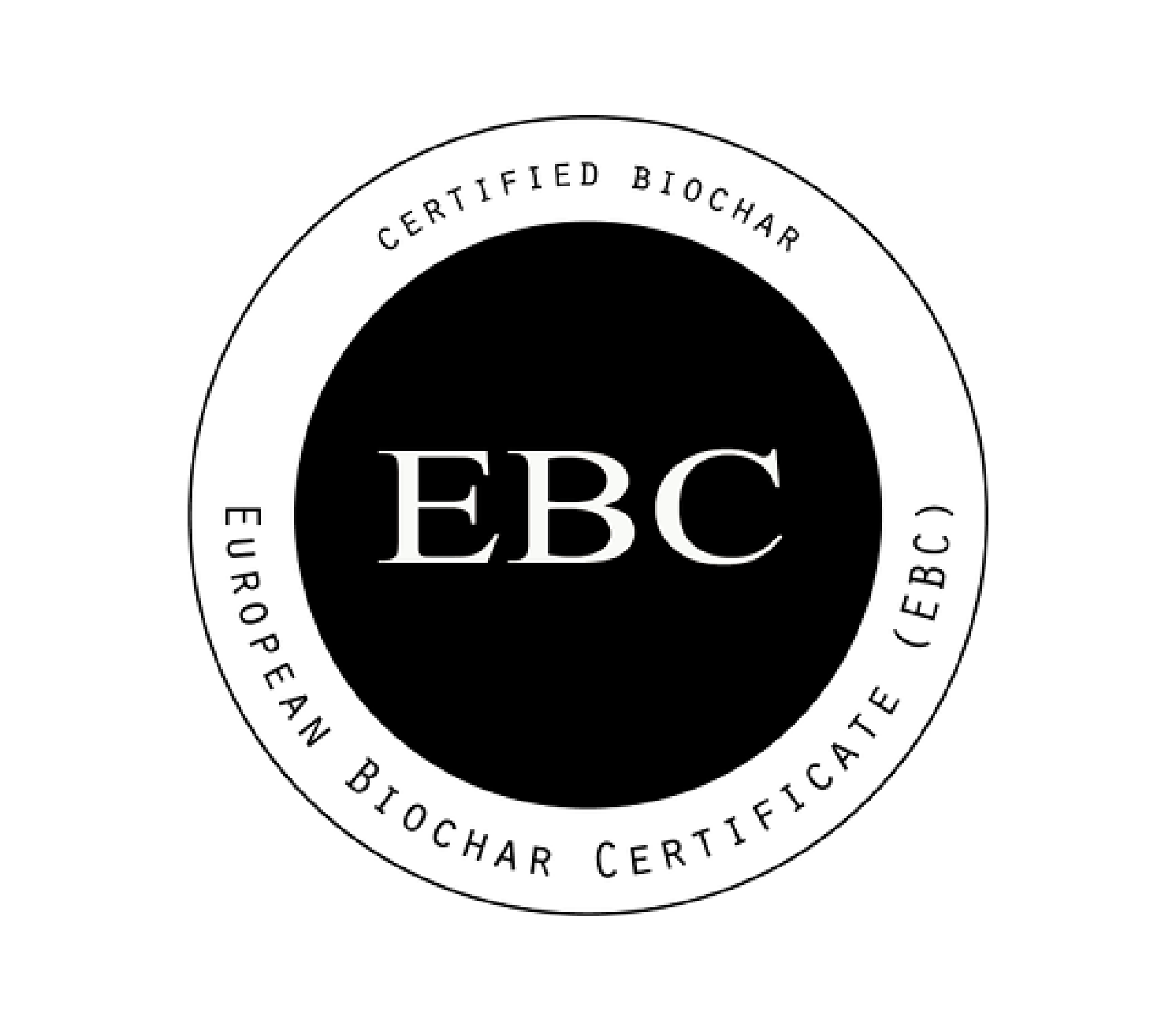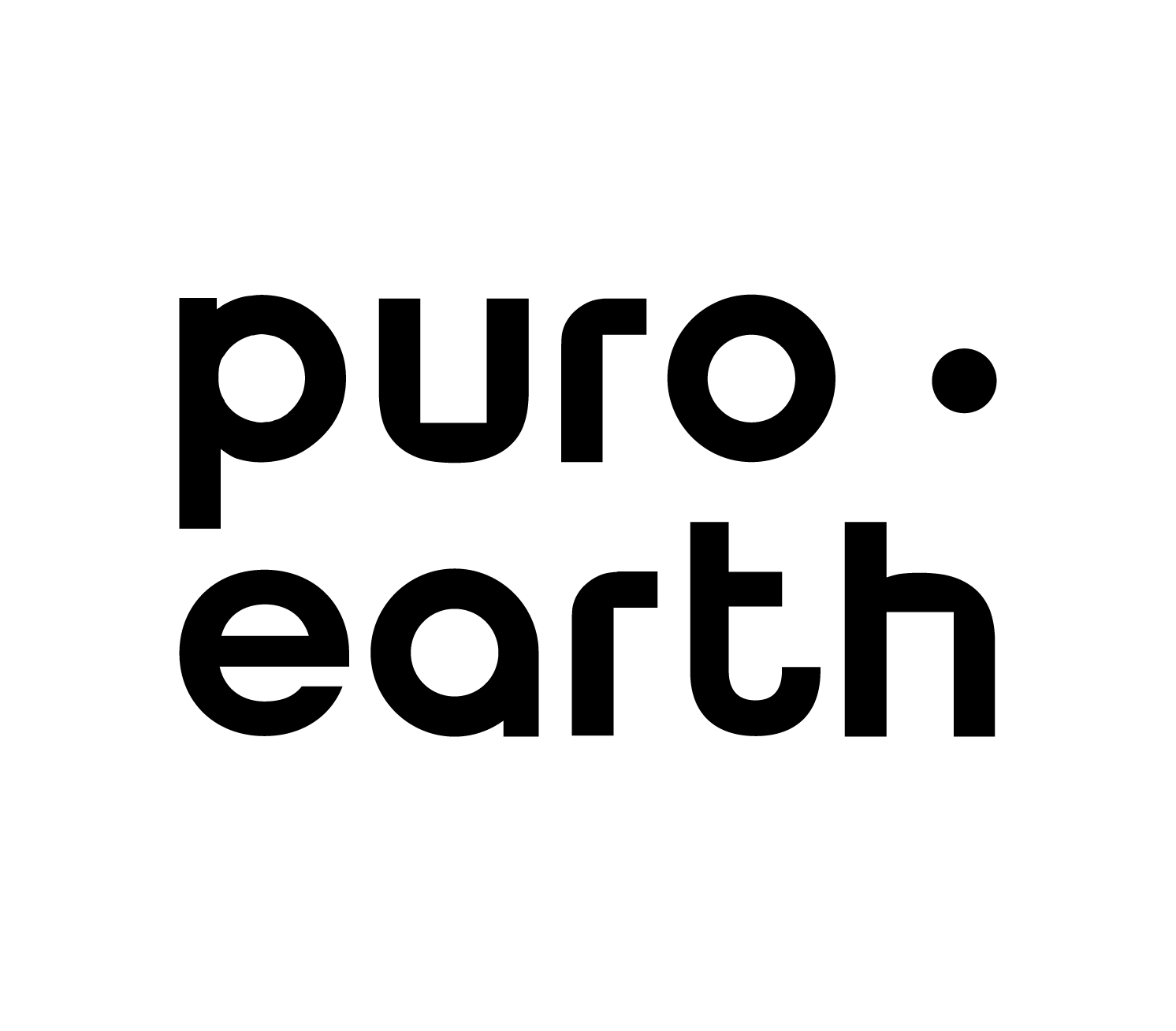Biochar’s porous structure provides a large surface area, trapping pollutants effectively.
Its extensive surface allows for quick binding of toxins, chemicals, and impurities from gases and liquids.
Biochar is a natural material produced from organic waste, making it an environmentally sustainable filtration option.
Biochar can adsorb harmful gases, such as methane, carbon dioxide, and VOCs, improving air quality.
Its high efficiency lowers the need for expensive chemical treatments or synthetic filters.
Biochar binds toxic metals and organic contaminants, preventing their entry into soil and water systems.
Our biochar meets the stringent standards of the European Biochar Certification, ensuring quality and sustainability. Additionally, it complies with EBC Agro and AgroOrganic standards.
These globally recognized certifications are available upon request and reflect our commitment to producing high-quality biochar. We are proud to deliver products of the highest standard.


Biochar is a powerful carbon sink, capable of sequestering CO2 in the soil or materials for over 1,000 years. One ton of biochar can store between 2 to 3 tons of CO2 equivalent, enabling the generation of carbon credits on the voluntary & regulatory market.
We use Cula.tech as our dMRV (digital measuring, reporting, and verifying software) to accurately track the carbon sequestration of our biochar.
We are Puro.Earth certified, ensuring high-quality carbon dioxide removal (CDR) with trusted and verifiable standards. Microsoft has already committed to purchasing carbon credits from the Carbonity project.
